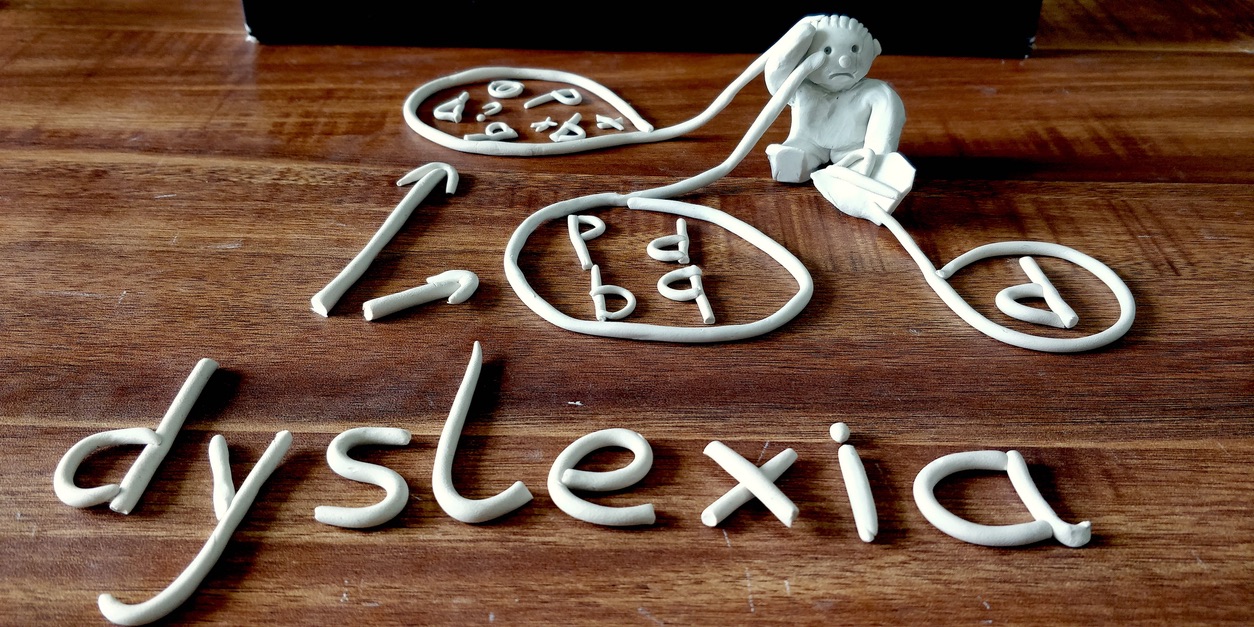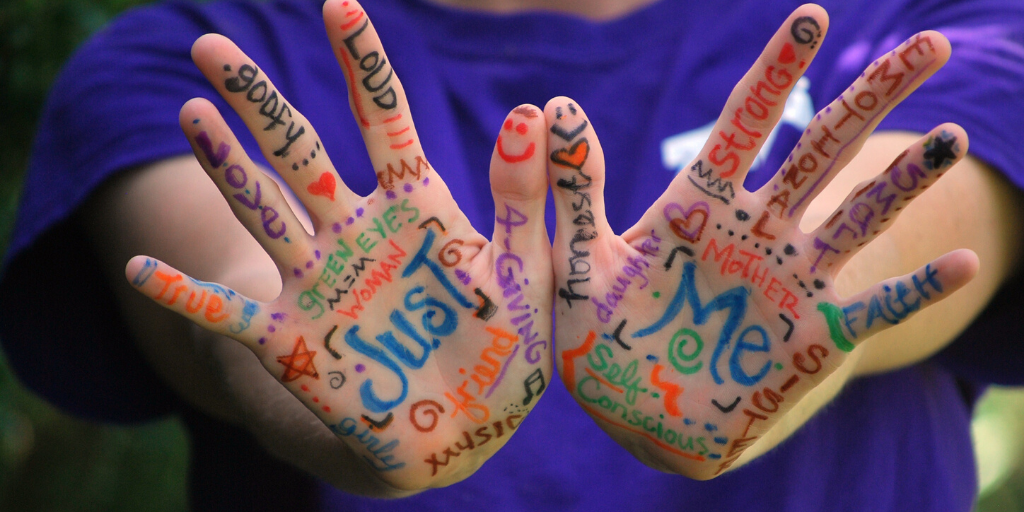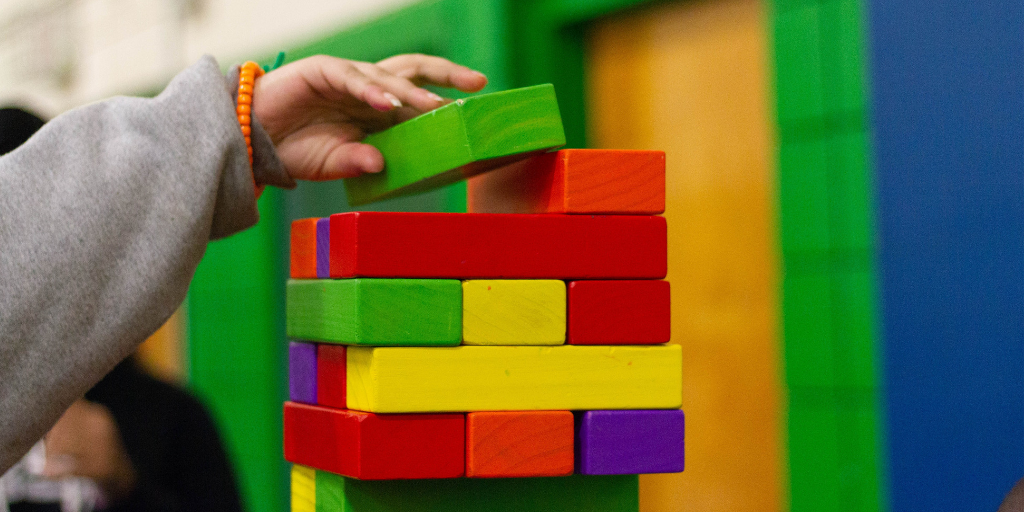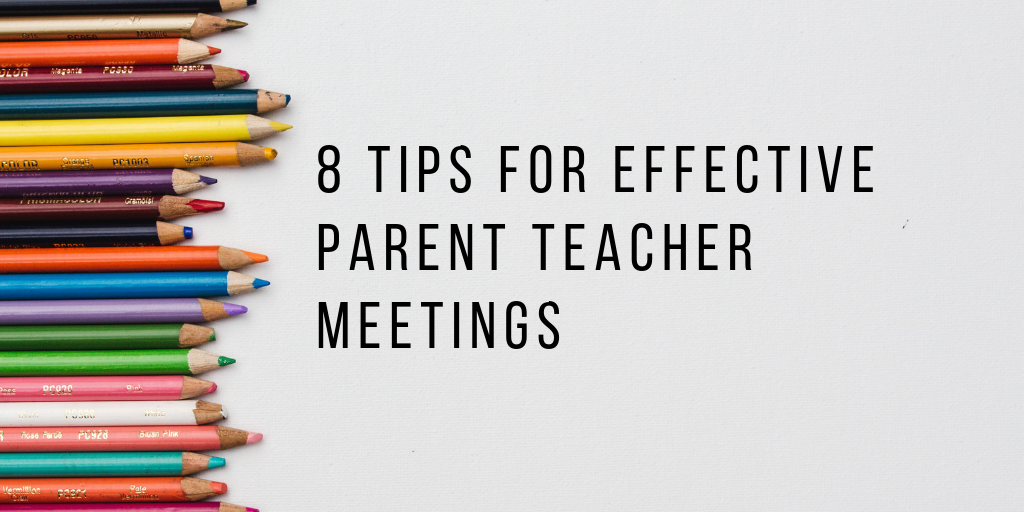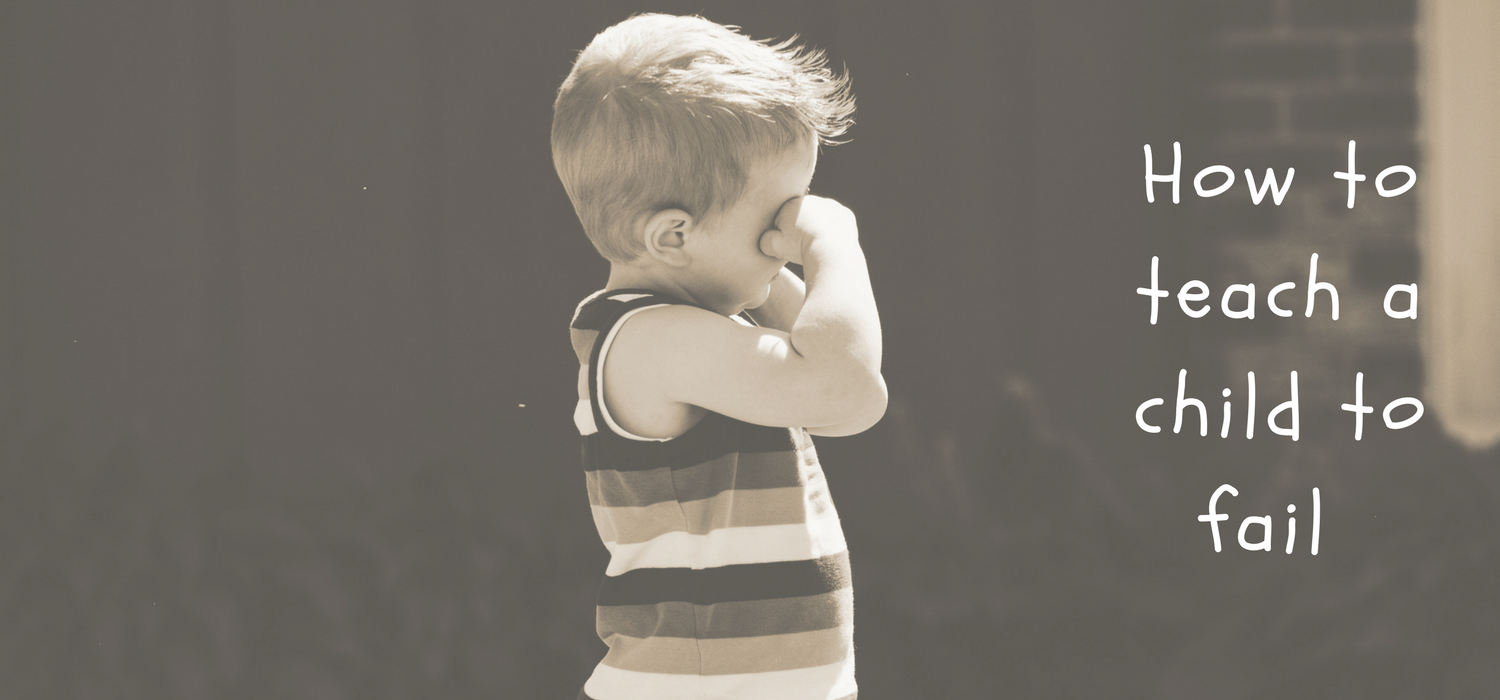What? Teaching a child to fail! Why? This sounds absurd especially these days when a child should pick up skills to excel and succeed. Teaching children to fail is as important as teaching them to succeed. This is part and parcel of overall learning. Teaching children to fail will help them develop resilience to succeed in life.
Learning to fail is something many young minds, particularly those children who have grown up with comforts should be taught early in life. Most parents know very well the pressures the children will be going through in school and later in college to strive for excellence and wanting to win in the competitive world. In this journey, there will be occasions when children will have to face failures, learn from their mistakes and move forward. Children should be taught that the best lessons in life don’t come from excelling, but from learning how to overcome failures. Success does matter but children learn far more when they fail. The first step is for children to come to terms that they cannot or need not succeed the first time or every time.
How to teach a child to fail?
This is the key question — Is there any magic formula? Unfortunately, this is a challenging process for both parents and children. Here are few pointers for parents to teach children to fail:
- Empathy: This is the first and the most important step the parents should remember. Most parents directly jump and say, “It’s okay to fail, you will do better next time”. In this process, the parents are not helping the child to express the frustrations and disappointment. Instead, parents will need to take a pause and reframe the sentence — “I can see that you are disappointed, I know that you really wanted to do better”. The child will feel good that the parent is listening and shares the disappointment.
- Parents are role models: Parents should share examples of their failures (past or present) and how they handled the disappointment, learnt from the mistakes and moved ahead. Share with the child the learnings from the failure. Very seldom we hear parents saying, “I have failed and this is what I learnt from my failure”. Parents should not shy away from sharing their experiences and learnings with a child.
- Moment of truth: Failure is not easy for anybody, let alone children handling, there will be lots of emotions: frustration, disappointment, sadness, anger, etc. A child’s moment of failure is a chance for parents to teach the child to accept it. Parents should allow the child to express her/his feelings and assist the child in identifying the reasons for failure. Parents should provide an environment for the child to speak up and create space for the child to share learnings from the failure. Let the child know that it is perfectly ok to fail and is not the end of the world. These experiences will only make them stronger.
- Celebrate others success: Parents can set an example by celebrating other’s successes. Children learn from these instances that sharing others joy is also an enjoyable moment. This removes the focus from themselves towards others.
Teaching a child to fail and helping the child to value failures as much as successes is the greatest gift a parent can give to the child.

